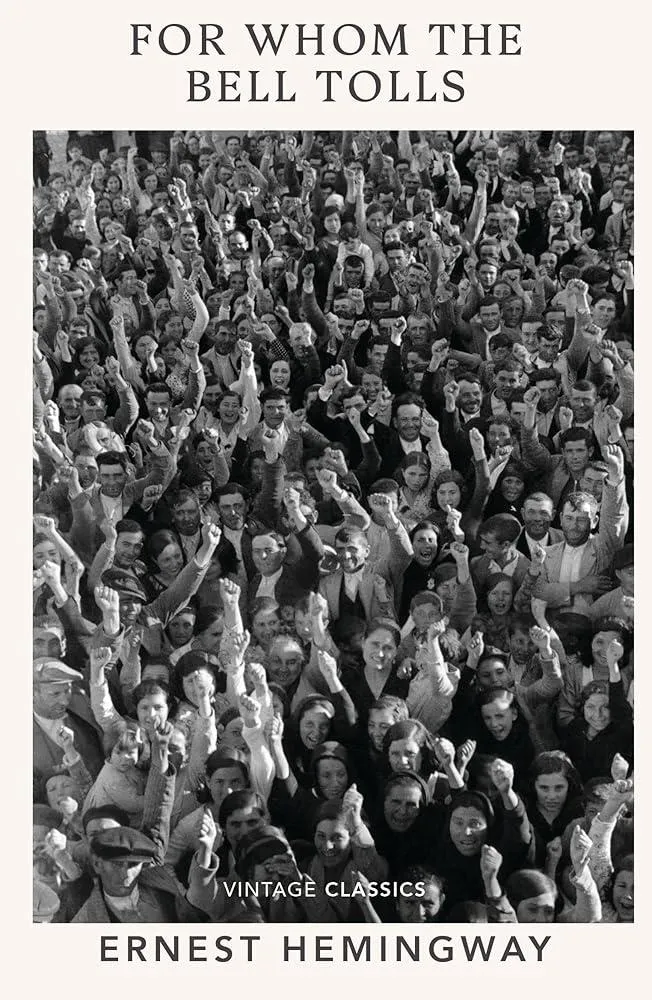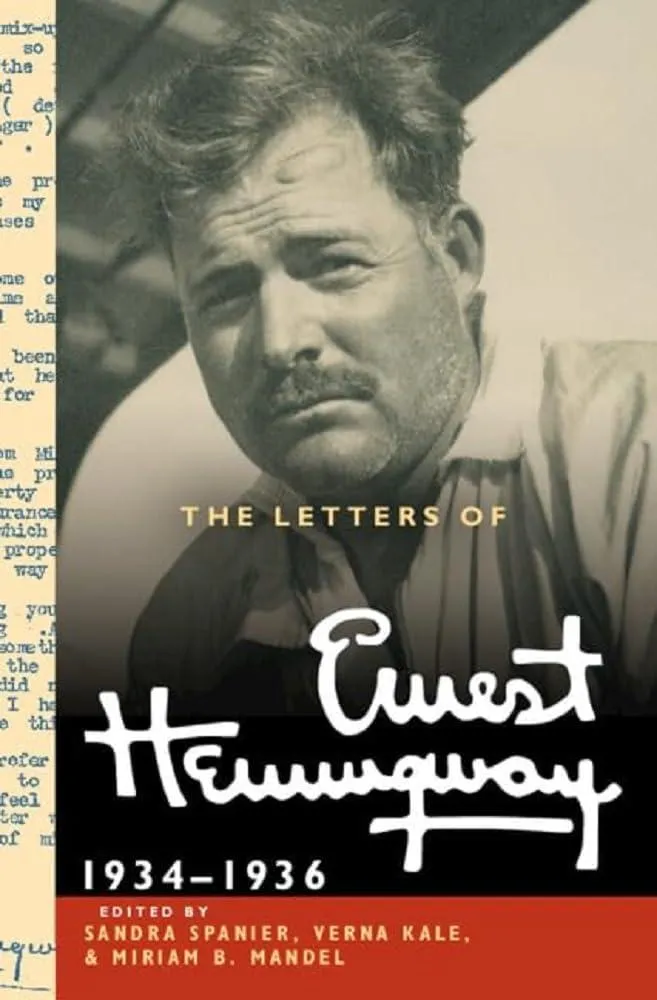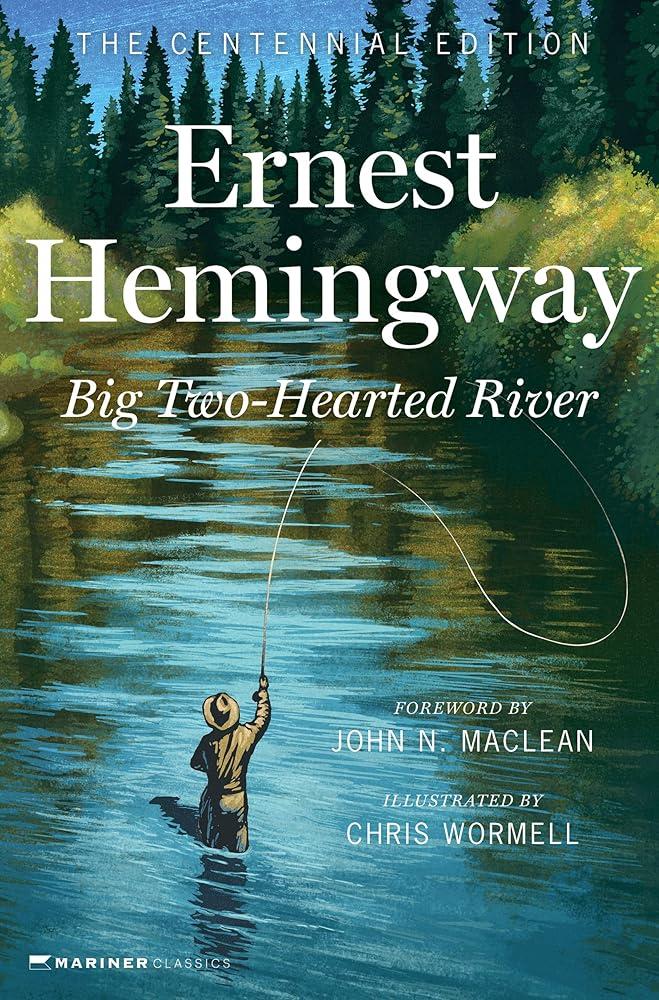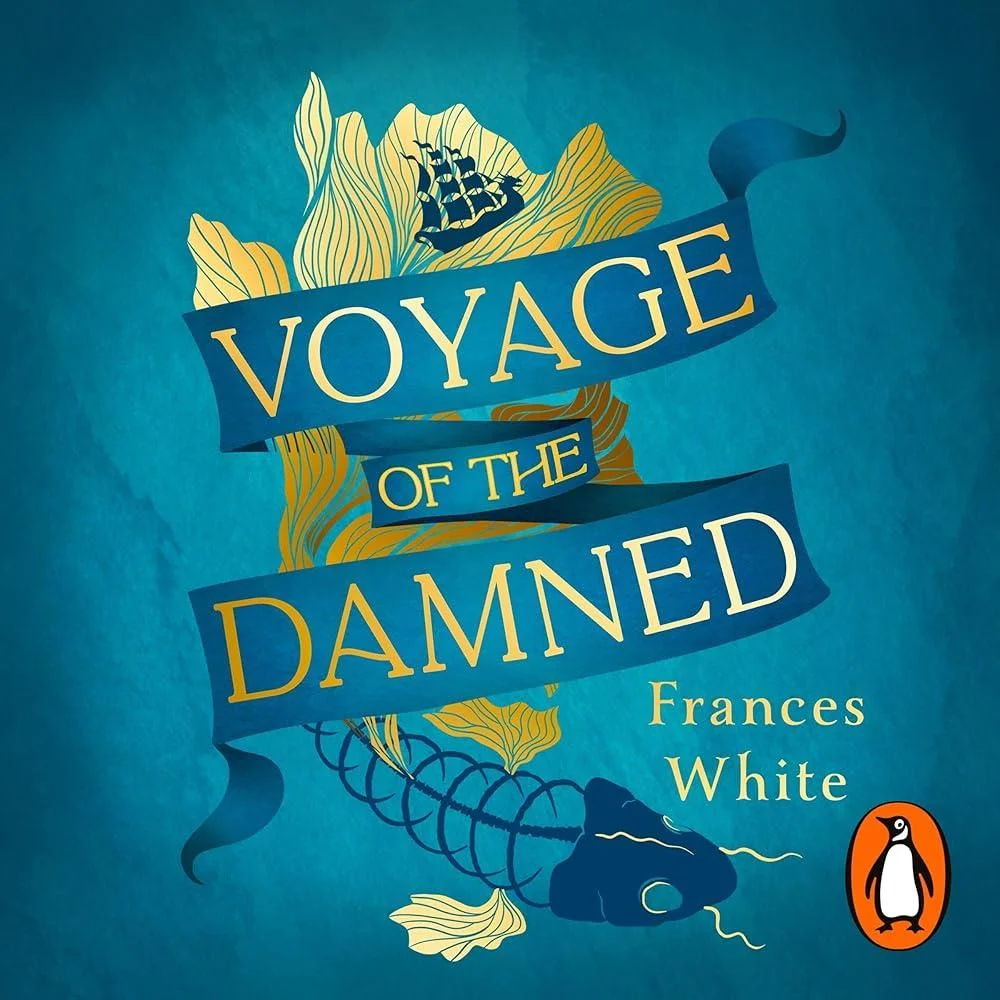
A Farewell to Arms by Ernest Hemingway, published in 1929, is one of Hemingway's best-known works and a cornerstone of modern American literature. The novel is set during World War I and follows the story of Lieutenant Frederic Henry, an American ambulance driver in the Italian army, who falls in love with Catherine Barkley, a British nurse. Hemingway drew from his own experiences as an ambulance driver on the Italian front, which infuses the novel with a powerful sense of realism. The novel explores themes of love and loss, the futility of war, and the search for meaning in a chaotic world. Frederic and Catherine's love affair unfolds against the backdrop of war's horrors, and Hemingway's sparse, direct style captures the tension between moments of tenderness and the violence surrounding them. As the couple's relationship deepens, Frederic's disillusionment with the war grows, and the narrative examines themes of fate, loyalty, and personal sacrifice. One of Hemingway's most memorable lines in the novel reflects his view of the world: "The world breaks everyone, and afterward, many are strong at the broken places." This reflects the novel's underlying message about resilience amid suffering. The story also reflects Hemingway's characteristic "iceberg theory" style, where much of the emotional depth and context is implied rather than explicitly described, allowing readers to engage deeply with the text.
Ernest Hemingway
Ernest Hemingway (1899-1961) was an American novelist, short story writer, and journalist known for his distinctive writing style and portrayal of masculinity. His most notable works include "The Old Man and the Sea," "A Farewell to Arms," and "The Sun Also Rises." Hemingway's writing is characterized by its spare prose, realistic dialogue, and emphasis on themes of war, love, and loss. He is credited with revolutionizing the modern American novel and influencing generations of writers with his minimalist approach to storytelling. "The Old Man and the Sea," a novella about an aging fisherman's struggle with a marlin, remains one of Hemingway's most famous and enduring works, winning him the Pulitzer Prize for Fiction in 1953 and solidifying his reputation as a literary giant.









